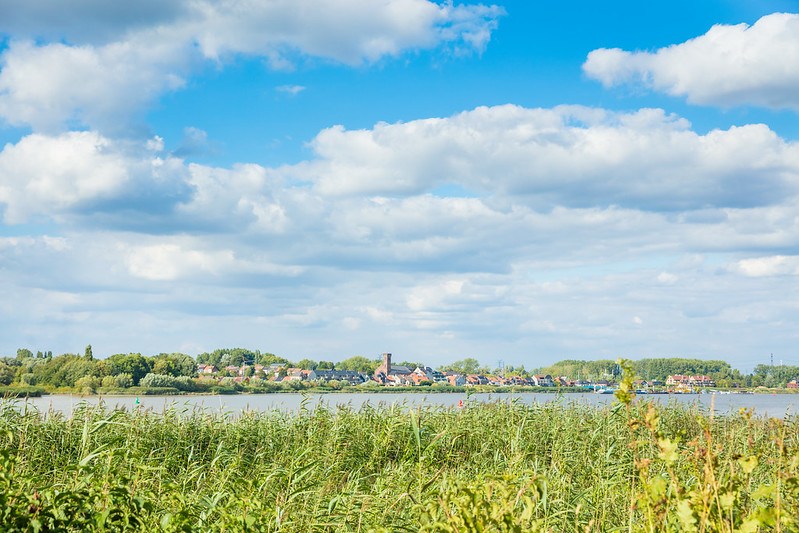After an exceptionally wet summer this year, groundwater levels have begun to recover and return to normal in Flanders.
At 91 percent of monitoring points in the region, levels are reading “normal” or “very high” for the time of year, according to figures from the Flemish Environment Agency (VMM).
In five percent of cases, the groundwater level is low, and in four percent it is very low.
In these last cases, the level tends to respond more slowly to weather conditions and is expected to rise soon.
“Undoubtedly, most Flemings are more than tired of the precipitation of the past months, especially where it caused flooding,” said Zuhal Demir, the environment minister.
“But despite the abnormal amount of rain in 2021, there are also positive consequences. Still, we must continue to invest in the Blue Deal to make Flanders more resilient to prolonged droughts like those of recent years.”
Despite this summer’s deadly floods and unusually wet months, summers overall are getting drier in Belgium largely as a result of climate change.
With an average precipitation total of 294 mm, 2021 saw exceptionally high levels of precipitation, according to the Flemish infocentre for agriculture and horticulture (VILT), which explained that the east of Flanders received noticeably more water than the west.
“Combined with less evaporation due to less sunshine and lower temperatures, this led to an increase in groundwater,” VILT said.
“After several alarmingly dry years, on 1 September groundwater levels were high at 29 percent of the measuring points, and at 37 percent they were even very high for the time of year.”
Only about a quarter of them remained at normal levels.
Related News
- Summer 2021 wettest since observations started in 1833
- Water levels in Belgian aquifers rising
- Water scarcity as floods rage: Belgium's climate change contradiction
The dry periods Europe experienced in 2018 led to billions in agricultural losses and also caused damage to buildings, infrastructure and nature.
A consortium of groundwater experts called ‘Inspiring Groundwater’ has been formed in order to plan for the future, and the group met in Brussels on Monday.
This international congress of the International Association of Hydrogeologists (IAH), organised by the Belgian Committee of Hydrogeologists, consists of 400 water experts who will discuss the challenges that climate change brings to water management.
The focus is on groundwater as an important source of drinking water and an essential element for food and energy, according to VILT.
A special session will also focus on Flanders and the Netherlands.

